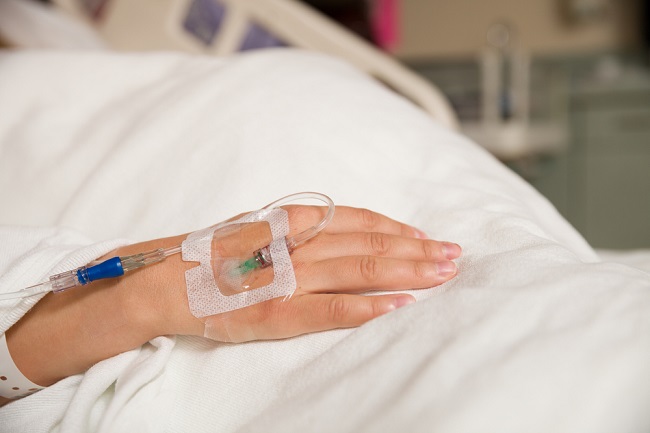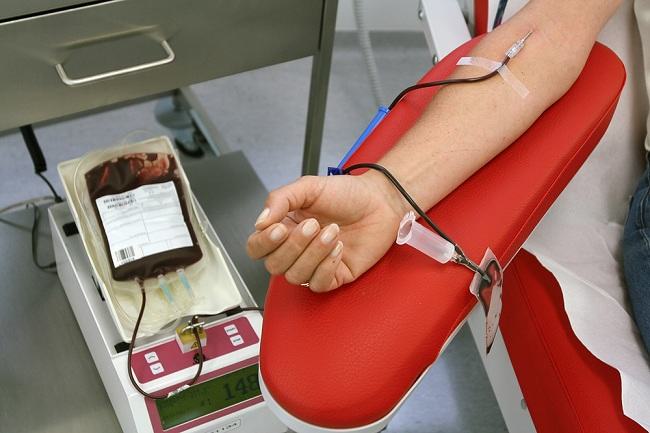A decrease in male libido often leads to a loss of self-confidence and stress. This is often one of the causes of disruption of harmony with a partner. Therefore, let's look at the causes of decreased libido in men and how to overcome them.
A decrease in male libido generally does not occur suddenly. These sexual problems occur gradually, ranging from a few months to several years. Decreased male libido can also be influenced by many things, ranging from age, certain diseases, reduced sex hormones, to psychological problems.

Causes of Decreased Male Libido
Normally, a man's libido will decrease with age. However, this condition can also be caused by various factors, including:
1. Low testosterone hormone
Testosterone is a hormone that plays an important role in the development of sex organs and male libido. If testosterone levels are low, the condition can affect a man's sexual desire or libido.
This decrease in testosterone levels can be caused by several conditions, such as disorders of the endocrine system, genetic factors, and obesity.
2. High blood pressure and diabetes
Decreased libido in men can also be caused by certain diseases, such as high blood pressure and uncontrolled diabetes.
If not treated, these two diseases can disrupt the circulatory system and damage the blood vessels in the body, including the male sex organs. If this happens, a man will experience decreased libido and erectile dysfunction.
3. Psychological disorders
The process of erection and regulation of sexual desire in men involves many factors, ranging from the performance of the nervous system and brain, sex hormones, to psychological conditions or mental health. Therefore, mental health problems, such as severe stress, anxiety disorders, or depression, contribute to a decrease in male sexual desire.
In addition to reduced libido, psychological disorders can also cause other complaints, such as frequent fatigue or lack of energy, difficulty focusing and concentrating, loss of appetite, and even loss of appetite. mood swings.
4. Side effects of certain drugs
The use of certain drugs, such as antidepressants, antihistamines, blood pressure-lowering drugs, and drugs, can cause side effects in the form of reduced libido and erectile dysfunction. Not only that, estrogen hormone therapy can also cause a decrease in libido in men.
5. Sleep disturbance
Sleep disorders, eg insomnia, sleep apnea, and restless leg syndrome or restless leg syndrome, is known to affect male sexual performance. Sleep disorders can also cause a man to lack energy, so his libido will decrease.
How to Increase Male Libido
There are many ways that can be done to increase libido in men. However, the method chosen must be adjusted to the cause of the decrease in libido. In general, male libido can be increased in the following ways:
Implement a healthy lifestyle
Apply a healthy lifestyle from now on to avoid decreased libido. A healthy lifestyle is meant by eating healthy and nutritious foods, exercising regularly, avoiding stress, and getting enough sleep.
Undergoing psychotherapy
As previously mentioned, a decrease in male libido is not only caused by physical problems, but also by mental problems, such as stress, depression, or anxiety. In this case, psychotherapy or counseling to a psychologist can be the solution.
Replacing the medicines you are taking
If the decrease in libido is caused by a side effect of certain drugs, consult a doctor immediately. Your doctor may reduce the dose or change the type of medication you are currently taking.
Doing testosterone therapy
Testosterone therapy is quite effective for treating conditions of reduced libido, especially in men with low testosterone levels in the body. Not only increasing libido, this therapy can also improve erectile function in men.
In addition to some of the ways above, a decrease in male libido can also be overcome by establishing good communication with a partner or trying new things during sex, for example doing sexual intercourse. sexting, use sex toys, or do role play.
However, if the decrease in libido lasts for a long time and does not improve, you should consult a doctor or psychologist to get the right treatment.









